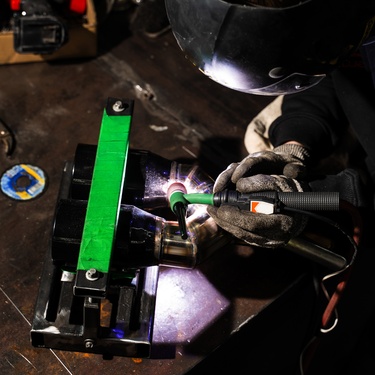Live
France24 English News Live StreamGlobal News
Global News Video PlaylistPBS
PBS News Video PlaylistNewsroom Features
President Trump’s 2026 State of the Union: Key Moments, Party Reactions, and What It Means for the Midterms

See Special Report: President Trump’s 2026 State of the Union: Key Moments, Party Reactions, and What It Means for the Midterms
Published Wednesday February 25, 2026
2026 Winter Games & Paralympics: Global Triumphs, Breakthrough Moments and The Road to the French Alps 2030

See Special Report: 2026 Winter Games & Paralympics: Global Triumphs, Breakthrough Moments and The Road to the French Alps 2030
Published Tuesday February 24, 2026
The Fat Tuesday-Ash Wednesday Connection: From Feast to Reflection

See Special Report: The Fat Tuesday-Ash Wednesday Connection: From Feast to Reflection
Published Friday February 20, 2026
Ramadan 2026: A Month of Fasting, Faith, and Global Community

See Special Report: Ramadan 2026: A Month of Fasting, Faith, and Global Community
Published Wednesday February 18, 2026
Red Neon Chinese New Year of the Horse Sweatshirt — Glowing Stallion Graphic Crewneck

See Special Report: Red Neon Chinese New Year of the Horse Sweatshirt — Glowing Stallion Graphic Crewneck
Published Tuesday February 17, 2026
Do Modifications Hurt or Help Classic Corvette Value?

See Contributor Story: Do Modifications Hurt or Help Classic Corvette Value?
Published Saturday February 21, 2026
Ways To Improve Your Vehicle’s Fuel Efficiency

See Contributor Story: Ways To Improve Your Vehicle’s Fuel Efficiency
Published Friday February 20, 2026
Top Pickup Truck Accessories To Boost Hauling and Utility

See Contributor Story: Top Pickup Truck Accessories To Boost Hauling and Utility
Published Thursday February 19, 2026
How to Reduce Wear on Heavy Equipment Parts

See Contributor Story: How to Reduce Wear on Heavy Equipment Parts
Published Wednesday February 18, 2026
Does Your Home Need a Wind-Rated Garage Door?

See Contributor Story: Does Your Home Need a Wind-Rated Garage Door?
Published Tuesday February 17, 2026
















